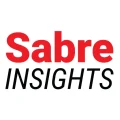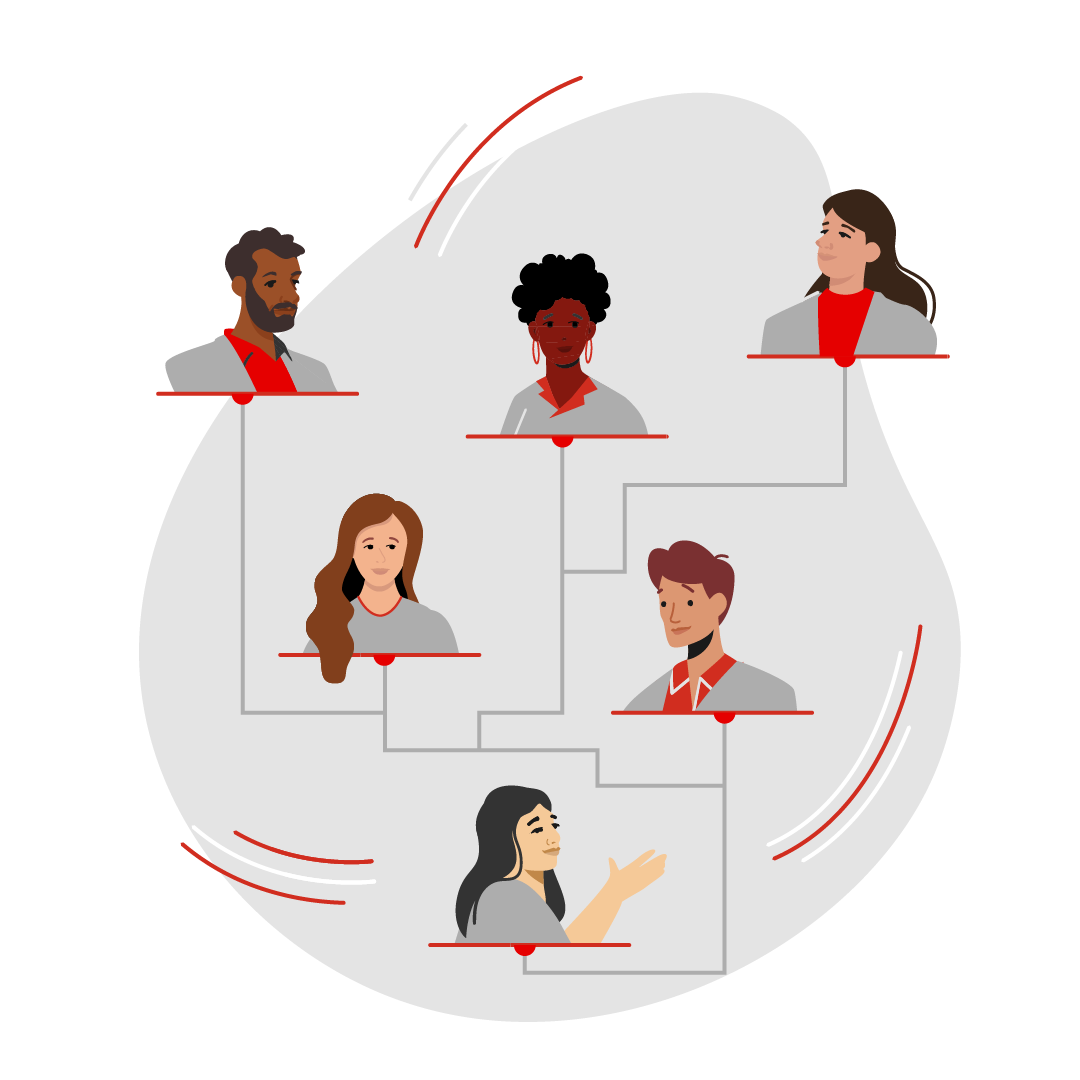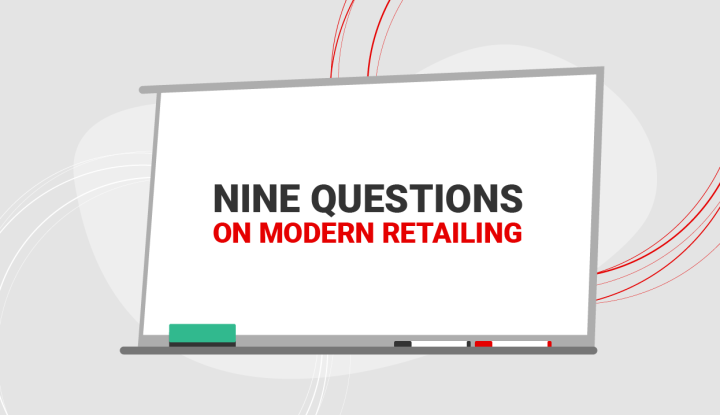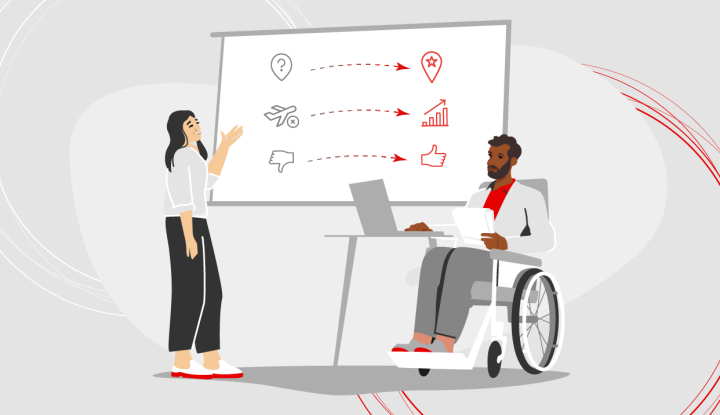Modern travel retailing promises a revamp of customer experiences, but there’s plenty of behind-the-scenes technical work needed to make it happen: using NDC instead of EDIFACT and phasing out PNRs, e-tickets and EMDs in favor of ONE Order records. These standards introduce new data types and change the size, frequency and quantity of messages sent between systems. This has a knock-on effect on system latency, uptime, scalability and ultimately on customer experiences.
To introduce tailored offers that improve conversion rates and customer experiences, airlines will also rely on more contextual information and customer data from third party sources. As traditional technologies are replaced and new opportunities arise, agency leaders need to consider the technological implications to their systems and processes.
Modern travel retailing
The knock-on effect of content fragmentation and customer expectations
Travel agency systems already consume content from multiple sources. This will become increasingly difficult to manage as content fragmentation continues, for example, displaying NDC and EDIFACT content from the same airline in one interface. The eventual phasing out of the PNR will add another layer of tech complexity. Agency leaders need to consider current and planned tech capabilities, and the interdependence of internal and external systems (front, mid, and back office).
As travelers’ expectations remain high for always-available online experiences that load quickly and provide bookable content, agency leaders should consider cloud-based infrastructures if they haven’t already. This will unlock the speed and scalability to handle seamless experiences at peak traffic and minimize loading times and network errors that frustrate customers and lead to abandoned bookings.
Lastly, ‘build vs buy’ decisions will persist for agency tech leaders. With the growing demand for exceptional travel experiences, agencies need to balance resource allocation and expertise with the blend of in-house versus outsourced systems and content supply to achieve the most effective, cost-efficient tech stack.
Questions to consider…
- Are existing systems (internal and outsourced) capable of handling new workflows, content and product types, and data standards (i.e. NDC)?
- What impact does peak web/app traffic have on your systems’ uptime, latency, response times, and network errors? How will this change if data transfer size and frequency increases further?
- What is your current process for evaluating whether to build or outsource tech solutions and supplier connections?
Let’s get personal: using data to delight customers
Agencies can use modern retailing capabilities to better serve known customers with personalized offers and communications throughout their lifecycle. To get a more complete understanding of repeat customers, agencies can expand customer profiles by integrating data from multiple sources. For example, combining membership details from various programs including airline frequent flyer, hotel loyalty, ride-hailing, and credit card. New and strengthened partnerships with third parties like these can unlock valuable insights into retail behavior across channels and industries.
Tailoring offers and experiences is made more difficult with unknown, first-time customers. As most leisure customers only book with an airline once a year, agencies may know little or nothing about them. This is where segmentation based on inferred characteristics will be important, along with collecting data during the shopping and booking process – a practice many agencies have already perfected. For example, prompting first-time customers to select their preferred airline or alliance, preferred destination types (beach, city, adventure), trip duration, and trip purpose (business, leisure, bleisure).
Questions to consider…
- Is your customer relationship management system (CRM) already closely integrated with other back-office tools to provide a complete picture of customer interactions? Can your CRM system be extended to integrate with new external systems via APIs?
- Which travel-adjacent industries are most relevant to your value proposition and which organizations could become key partners to expand customer profiles?
- How do you build profiles for new customers today? Are there data gaps that could be filled with additional prompts or inferred characteristics?
Protect your most valuable asset: data
Using customer data in new ways, including tailoring offers and product bundles, presents new data governance considerations. Agency leaders need to establish privacy protocols for expanded data sharing which could include customizable consent and relevant opt-out mechanisms for travelers to manage permissions. Building and maintaining trust with customers is crucial, and transparency in what and how data is used to personalize experience will help achieve this.
With processing data comes risk and the travel industry isn’t immune from fraud and data breaches: hotel reservation systems, airlines, and frequent flyer programs have all been targeted in recent years. It’s important to consider regulatory compliance (e.g., GDPR and CCPA) to safeguard customer and booking data and to conduct regular penetration tests to assess potential vulnerabilities.
Questions to consider…
- What protocols and measures are in place to securely share data with third-party providers while complying with privacy regulations?
- How do you handle customer consent and preferences regarding data usage and communication?
- Are you conducting regular audits and assessments to ensure ongoing compliance with privacy, security, and regulatory requirements?
From AI/ML experiments to impactful solutions
Artificial intelligence and machine learning have been used by the travel industry for years, but recent developments combined with the public release of large language models has dramatically increased the number of travel industry use cases. For example, AI/ML chatbots can provide travel inspiration and personalized itinerary recommendations for flights, hotels, excursions and more. Going beyond the user interface (i.e. customers interacting with chatbots), there are opportunities to scale operations and unlock deeper insights with fraud detection, shopping cache innovations, aggregated data analysis and reporting, and customer behavior prediction.
Agencies need to consider how to move from novel experiments to impactful business solutions. However, many agencies don’t have access to the tech resources, scalable infrastructure, or quantity of data needed to build and maintain solutions tailored to the travel industry. Outsourcing to tech providers will likely be the best option to leverage expertise in AI/ML product development and data processing at scale.
Questions to consider…
- Which internal teams are equipped to leverage AI/ML effectively?
- Does your tech team have an existing experiment framework to trial emerging AI/ML solutions?
- Is your tech infrastructure capable of communicating with AI/ML solutions and consuming outputs at scale? What adaptions are needed to prevent innovation roadblocks?
Achieve modern retailing success with Sabre
Agency tech stacks will need to be updated to consume new data standards and process more data in new ways. Sabre supports leisure agencies, travel management companies, and online travel agencies to achieve modern retailing success with a strong foundation of travel content, end-to-end solutions, innovations and partnerships. It’s up to agency leaders to choose the combination of tools and capabilities that matter to them and their customers.
New content and intelligent capabilities. We aggregate and normalize travel content from a vast number of suppliers to give customers a broad choice of relevant, tailored options. This includes millions of lodging properties and hundreds of airline options, including traditional EDIFACT and NDC content (15 live airlines and 35+ in the pipeline).
As suppliers make new content available, including personalized offers and non-traditional ancillaries, we roll it out to agencies. This content is underpinned by our intelligent retailing capabilities, customizable fares, and automated commission calculations to optimize revenue every time.
Efficient distribution, automation, and payments solutions. Accessing end-to-end capabilities is crucial for agencies to build modern retailing experiences. That’s why we offer a suite of tools for every agency: Sabre Red 360 – an intuitive point of sale interface for agents and Sabre travel APIs – extensive, flexible APIs to power travel shopping, booking, servicing, and fulfillment.
To help scale operations and lower servicing costs, we also offer smart automation solutions to quickly manage notifications, exchanges, refunds and more, even during peak times. To complete the end-to-end coverage, Sabre Virtual Payments helps agencies get more value from every transaction with improved cashflow, revenue from rebates, and automated reconciliation.
Transformative innovations and strategic partnerships. Modern retailing wouldn’t be possible without continuous innovation and strong industry collaboration. Notably, our 10-year partnership with Google includes a cloud platform migration to provide a robust and scalable infrastructure and access to capabilities that power the world’s largest consumer travel products. We’re also co-innovating to solve agencies’ toughest challenges like improving search response times with an incredibly fast shopping cache and combining Google-powered AI/ML tools with Sabre’s rich data to unlock conversion and revenue opportunities.
To make sure innovations address agencies’ unique needs and reflect their value in the ecosystem, we regularly invite our customer advisory board to share feedback, host workshops and attend industry events, and advocate for agencies at IATA working group meetings.
About the Author
Jonny Blackler is part of the Sabre team exploring what the future of travel will look like, what it means for travel agencies, and how agencies can transition their businesses to make the most of emerging technologies.







